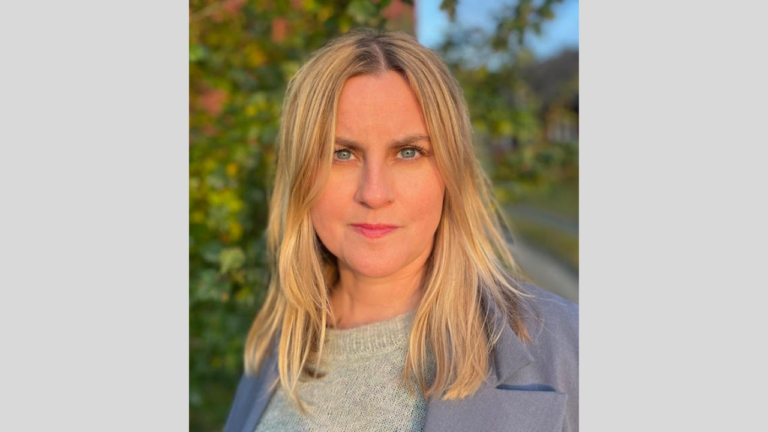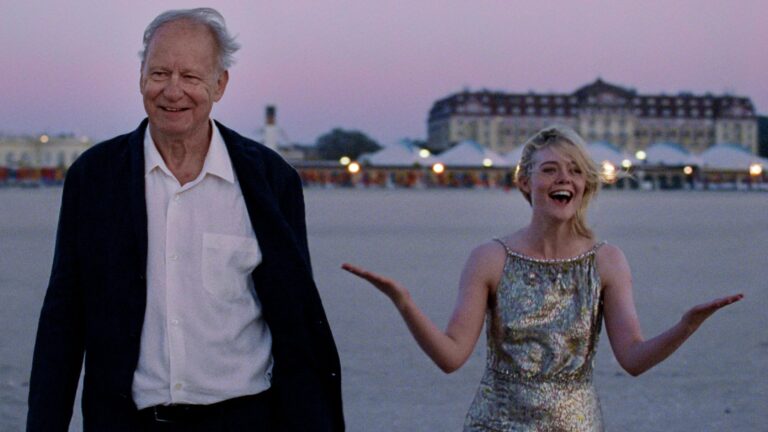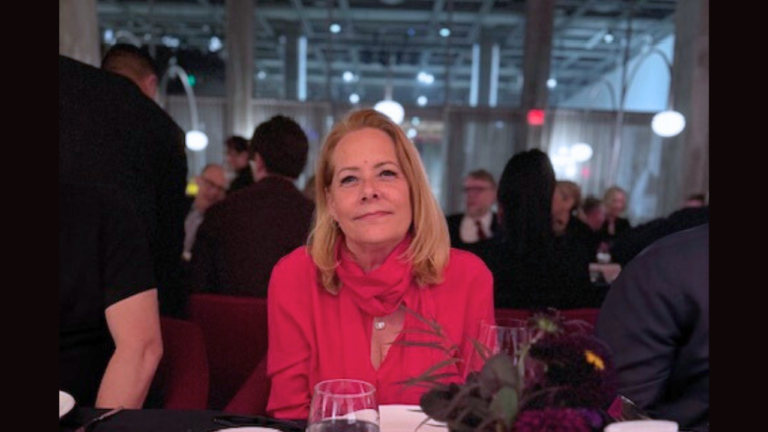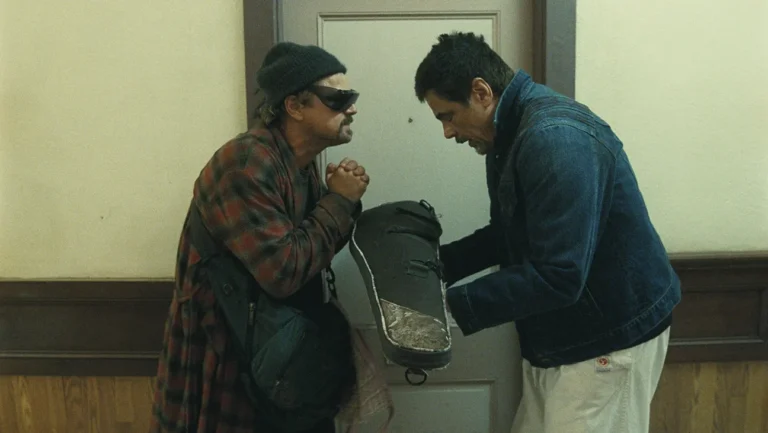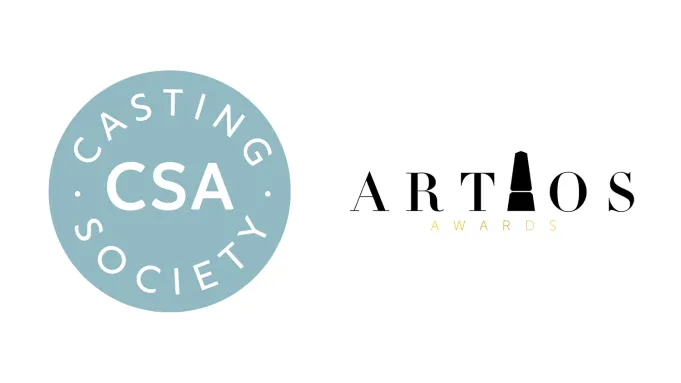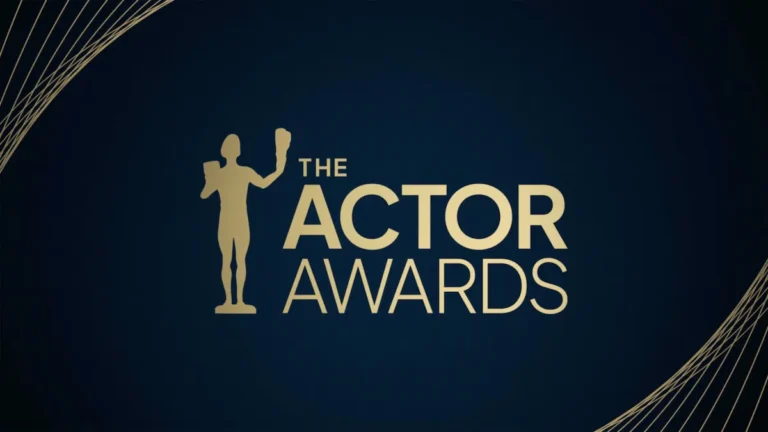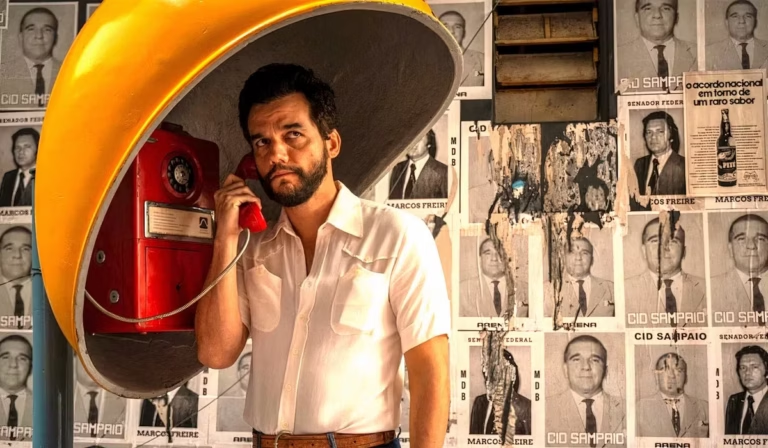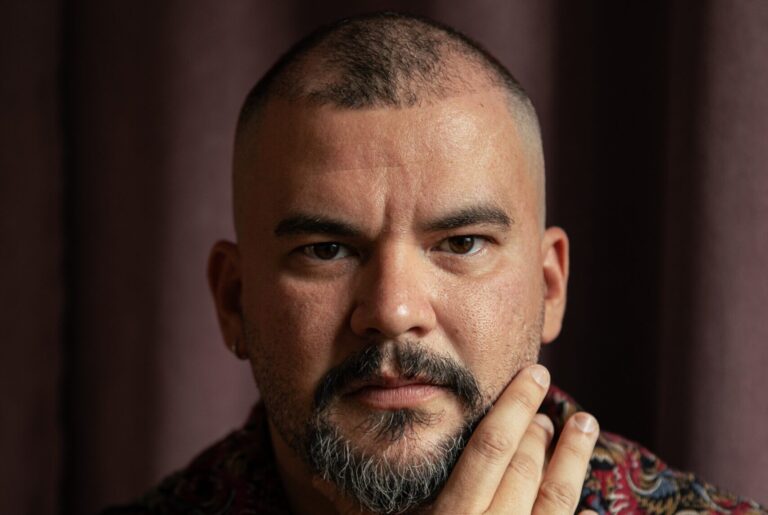Veteran casting director Meg Morman was already well respected by her peers long before she ran for the Casting Society (CSA) board. Nine times before, she has been nominated for an Artios Award, with two wins. Her versatility is clear as she bounces between theater, short-form content, indie film, TV and podcasts, and yet she still found time to get elected for a two-year term as the new Vice President of Governance.
It’s a prestigious position that Morman relishes. A fan of rules, she’s now in charge of them for the global organization of casting professionals, and while she’s just a month or so into the new gig and still learning, she is clearly in the right place. She spoke to us from her home office in LA.
Insights From Meg Morman
- Actors should be open to exploring related fields like casting, especially if they find the rejection in acting challenging.
- It’s important for actors to understand the business side of entertainment to better navigate their careers.
- Staying informed about industry changes, including new technologies like AI, can help actors adapt and find new opportunities.
How did you get into casting in the first place?
I was an acting major at Otterbein University in Ohio, and since the ’70s, they’ve had a program for their BFA majors. You have to do an internship in casting in a major market. I came out to LA because that’s where I knew I wanted to work as an actor.
I did an internship for Touched by an Angel and Promised Land when they were on CBS. David Giella was the casting director on both shows. Mia Levinson was his partner on Promised Land, and there was one assistant, so as an intern, I got very lucky in that there was a lot for me to do and for me to learn.
I learned so much about the casting process in a short period, and also realized that I enjoyed it and was better suited to it than trying my hand at acting.
Why? What was it that made you better suited to that?
Quite honestly, I didn’t love the rejection of being an actor, and I just didn’t think at [age] 20 that that was what I was ready for. Casting used all the skills and the creativity that I’d learned in acting school.
Then, there’s the business side of it, which I also love. Negotiating and ultimately understanding how to run your own business, and looking at the financial sides of different projects that you’re working on. I felt like that was exciting, to bridge both of those worlds in one profession, and it spoke to my skill set.
What led you to run for the board?
I was on the board in 2010, maybe 2008, in a very different period of the CSA board. At that time, I was new in my business and new as a casting director, and I don’t think I was able to fully serve on the board the way I would now.
I wanted to get another opportunity to serve the membership. I think the board is doing a lot for members, and I just wanted to be a part of that. I also wanted to be a sounding board for members who wanted to be more involved, and try to get more opportunities for our membership to take a bigger hand in what the CSA is doing.
You said that things are very different from how they were 15 to 17 years ago. How has the CSA and, in a smaller sense, the board, evolved from when you first started?
It was a smaller organization in general. It was a primarily LA and New York organization, and now we’ve become a global organization, not to mention so many more regional casting directors. I think casting as a profession has just grown, so the board has grown in response.
In the last eight or nine years, there has been an evolution in technology, and the board has been great about offering options for members to learn about new things, new platforms. Right now, Rachel Reiss, who’s the VP of Technology, is coordinating seminars and webinars on internet security. They’re trying to open doors for members who are interested in learning more about AI and how to both protect themselves and also find a way to use AI in casting.
They’ve expanded their offerings as far as education and more community events, more social events. It’s just become a bigger organization and more member-forward.
What does the VP of Governance do exactly?
I am learning. (Laughs) Honestly, I’ve been on the board for less than a month, so I’m not an expert, but it has to do with understanding the bylaws of the organization and ensuring the board adheres to the bylaws for the membership.
If questions come up about them, then I’m able to reference them and understand them inside and out, while also spearheading any revisions. If there is a complaint issued about a casting director, which in my month there hasn’t been, then I take the lead on investigating what that complaint might be.
Well, now I’m curious. Were you a rules follower growing up? Were you the girl in class who made sure everything was done the right way?
I like rules. I come from the perspective that if you intend in any way to break the rules or push the envelope, you must respectfully know the rules first, and the bylaws of an organization are things that the entire membership has agreed upon.
I think out of respect to all the members, it’s important that the board follows them. When I joined CSA, I read the bylaws. The first time I joined the board, I read the bylaws. The second time, I read the bylaws. That’s definitely in my nature to do that. (Laughs)
It doesn’t mean I don’t break rules from time to time, but at least I try to understand what I’m breaking when I’m breaking them.
Does someone in your job look to make changes? How do you help the CSA evolve from your position?
Everybody on the board is coming from this perspective of, some things are going great, so let’s keep them running great.
Our entire industry is evolving, and our craft is evolving, and we want to stay ahead of that. I think part of my job is to learn as much as I can about what’s going on in the business and what kind of tools are being used to evolve the business for the better, or making things more challenging.
If we need to adapt, what would that adaptation look like, and what are the changes that might make that beneficial to everyone?
I think it’s mostly about having an open mind and listening to conversations that are happening, and making sure that we’re truly trying to evolve in the way that meets the needs of our members, and also the ethics of what being a casting director is.
In that vein, have you started having more conversations with other members about their concerns and ideas? Has your phone been blowing up?
No, my phone has not been blowing up. (Laughs) But I have been reaching out to people. Certainly, there are plenty of casting directors I know and see socially. These are conversations that led me to join the board, and that I continue to have now that I’m on the board. It’s important to me that people in the membership are as engaged as possible.
When you take on a job like this, do you come in wanting to accomplish specific things? Or is it more of a take is as it comes philosophy?
It’s a little bit of both in that I came into the board position wanting to reinvigorate the committees that we have. There are various committees on CSA, and in the past, those committees were headed by board members, and then involved general members who could contribute to the membership in that way.
I loved that. It brought more members into an active space in the organization. Now, for a variety of reasons, those have gotten less participation. I don’t think as many people know about them. They aren’t necessarily as active as they were.
I want to see those be invigorated again, so that members would feel a little bit more ownership and find more value in the organization. That was one of the things that was important to me in joining. What’s fantastic is that the board had already set that in motion.
In my first board meeting, I found out that they’ve already started the groundwork for all that, and so I’m coming in midstream. They have a lot of things in place, so I get to jump in and share my experience from the past, and maybe some new ideas on ways to enhance that.
The other side of it is, certainly in this first month and probably the next month or two, I’m spending a lot of time listening, learning, and seeing how things are operating. I want to hear how things are, how decisions are being made, and what kind of things are coming up within the board and then from membership to the board, so that I’m educated when I offer my opinions.
So you’re not here to shake things up exactly?
No, not specifically. I mean, I have a few ideas. The board doesn’t need a total takeover. They’re doing a lot of wonderful things.
Final Takeaways
Breaking into acting can be tough, and sometimes the path you start on might lead you to unexpected opportunities. Meg Morman’s journey shows that being flexible and understanding the business side can open new doors. Here are a few tips for new actors based on her experience and insights from the casting world.
- Consider internships or behind-the-scenes roles to learn how casting works and discover where your strengths lie.
- Don’t be discouraged by rejection; instead, use it to explore other ways to stay involved in the industry.
- Learn the business aspects of entertainment, like contracts and negotiations, to better manage your career.
- Stay curious about new technologies and industry changes to keep your skills and approach fresh.
- Engage with professional organizations to build connections and find support as you grow.
You may also like:

